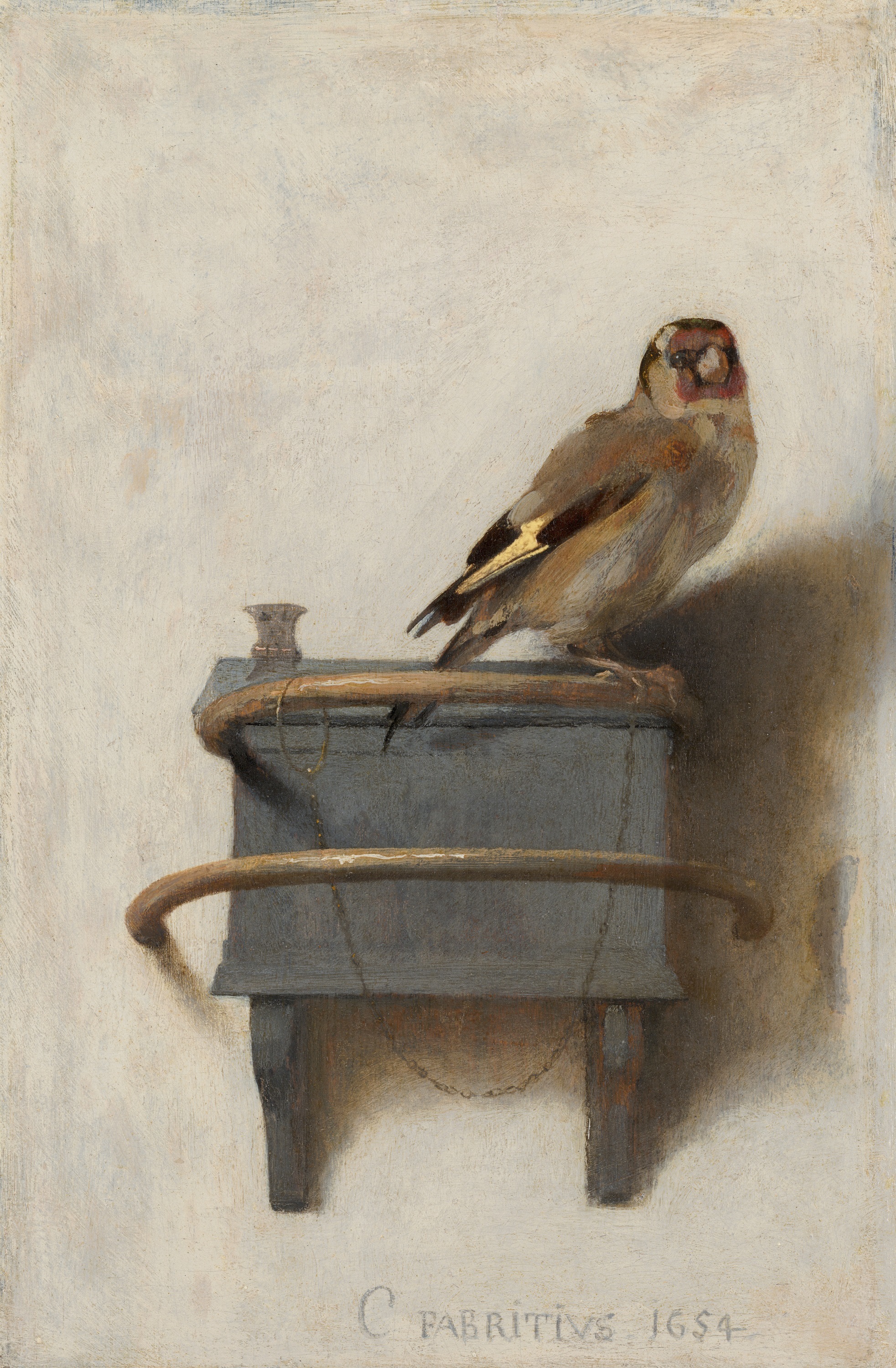
Donna Tartt’s mega-best seller and art world favorite, The Goldfinch, is headed to the silver screen. According to the BBC, Warner Brothers has acquired the rights to turn the Pulitzer Prize winning novel into a film.
The film will reportedly be directed by Brett Ratner, best known for the Rush Hour film series. The move suggests a more action-oriented distillation of the hefty book’s 784 pages. Earlier this month, Vanity Fair reported that the production team behind the best seller turned box office hit series The Hunger Games, was shopping around a TV or cinematic adaptation of The Goldfinch.
Tartt’s third novel centers on the story of 13-year-old Theo Decker whose mother is killed in a terrorist attack on the Metropolitan Museum of Art while the pair are visiting. He then steals the artwork for which the novel is named, Carel Fabritius’ The Goldfinch (1654) in the ensuing frenzy and spends the next 14 years of his life hiding the masterpiece. The painting actually hangs in the newly-renovated Mauritshuis Museum in the Hague.
Aside from the Pulitzer Prize, Tartt’s book, which she reportedly spent 11 years writing, was named Amazon’s 2013 book of the year and has been on the New York Times bestseller list for 39 weeks. The Times’ Michiko Kakutani called it, “a glorious Dickensian novel, a novel that pulls together all [Tartt’s] remarkable storytelling talents into a rapturous, symphonic whole.”
But not all critics have been as generous. The New Yorker’s James Wood wrote that the novel’s, “tone, language, and story belong in children’s literature.” And Francine Prose, baffled at the book’s clichés wrote, “I found myself wondering, ‘Doesn’t anyone care how something is written anymore?’” in the New York Review of Books.
Don’t go scrambling to secure opening night seats to the film just yet. The public gusto behind The Goldfinch may nearly assure that Warner Brother’s newly-purchased rights get used for production. But adapting such a monstrous novel into a couple hours of film is no overnight task. And, it wouldn’t be the first Tartt novel to get optioned by Hollywood and left to languish: film rights for her debut book The Secret History were also purchased by Warner Brothers, which has thus far not pursued production.